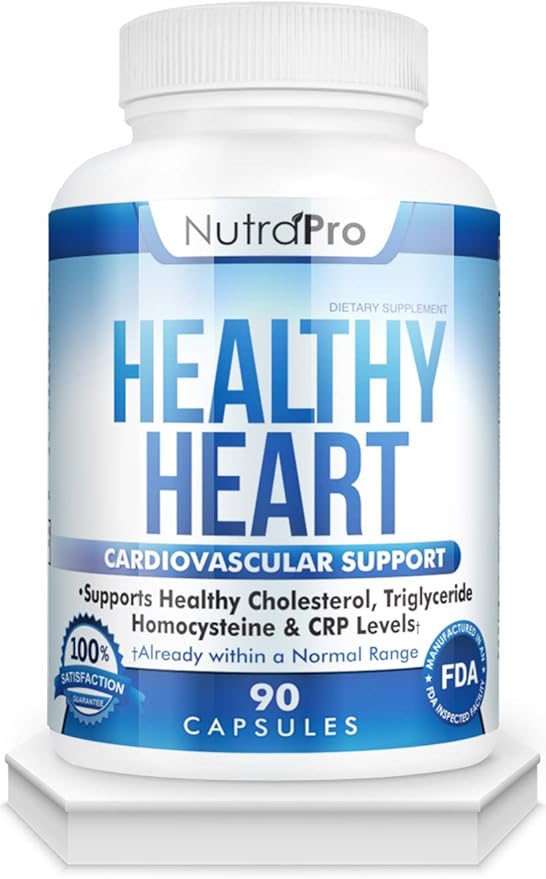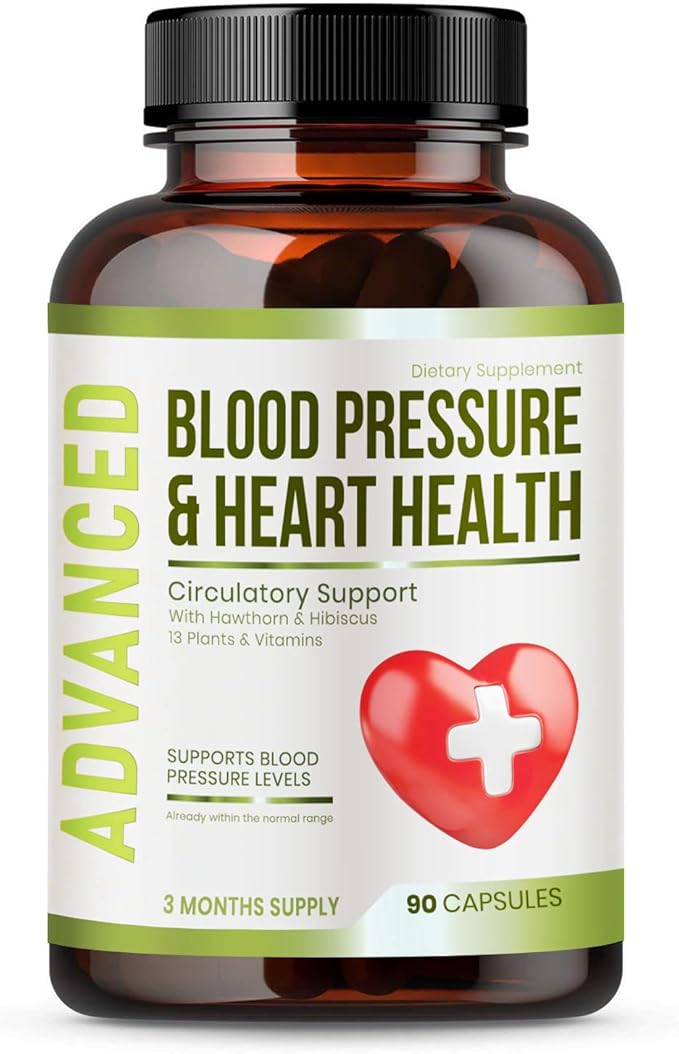High cholesterol is a health risk that can contribute to heart disease, stroke, and other life-threatening conditions. Fortunately, you can effectively manage and reduce your high cholesterol levels with the right lifestyle changes. Trendwizz.com has discussed some healthy habits that can help lower your high cholesterol.
Other Topics You Might Like
Helpful Products You Might Like

NutraPro Healthy Heart Supplements

Nature's Bounty Garlic Extract Herbal Supplement,

Heart Health Blood Pressure Support Supplement
"(Paid Links)" 
Eat a Heart-Healthy Diet
A balanced diet is necessary for controlling cholesterol. Instead, the doctors suggest eating foods rich in soluble fiber, like oats, beans, and lentils. This type of fiber lowers the level at which cholesterol binds to the bloodstream.
It's also important to include healthy fats in your diet. Choose unsaturated fats in olive oil, avocados, and nuts over saturated fats in red meat and full-fat dairy. Another heart-healthy group of foods is fatty fish, such as salmon and mackerel. These fish are high in omega-3s, fat that can help lower overall cholesterol levels.

Limit Unhealthy Fats
Eat healthily, and avoid trans and saturated fats for proper cholesterol management. Examples of trans fats include those often found in processed foods, baked goods, and margarine; examples of saturated fats are those commonly found in fatty meat, butter, and cheese cuts. Limit saturated and trans fats, and read food labels to help you do this. Target <5-6% of total energy intake from saturated fats on the Menu.
Increase Physical Activity

Exercise helps lower LDL cholesterol. Regular physical activity plays a crucial role in decreasing harmful cholesterol levels. Engage in moderate-intensity aerobic activity at least 150 minutes per week (e.g., brisk walking, cycling, swimming). In addition to boosting HDL (good) cholesterol, exercise can help you maintain a healthy weight.
Maintain a Healthy Weight
Since overweight is a risk factor for high cholesterol, learning to maintain a healthy weight is also vital for heart health. Even a modest amount of weight loss can help lower your cholesterol. Use proper nutrition and exercise to attain a healthy weight.
Stop smoking, as well as drinking alcohol.
Smoking is also bad for the heart and can make it harder to control cholesterol levels. Drinking alcohol too often can impact your health in other areas, and high cholesterol is one of them.
Manage Stress
Conversely, chronic stress may increase your cholesterol. High-stress levels can lead to unhealthy habits such as overeating or poor dietary choices. Ways to manage stress effectively, such as practicing mindfulness, doing yoga, meditating, or enjoying other hobbies, can help achieve good health and lower cholesterol levels.

Conclusion
Lowering high cholesterol is achievable through a combination of healthy habits. You can significantly improve your cholesterol levels by adopting a heart-healthy diet, increasing physical activity, maintaining a healthy weight, quitting smoking, and managing stress. Always consult your healthcare provider before making significant lifestyle changes, and consider regular cholesterol screenings to monitor your progress. Remember, small changes can produce substantial results in your journey toward better heart health.
